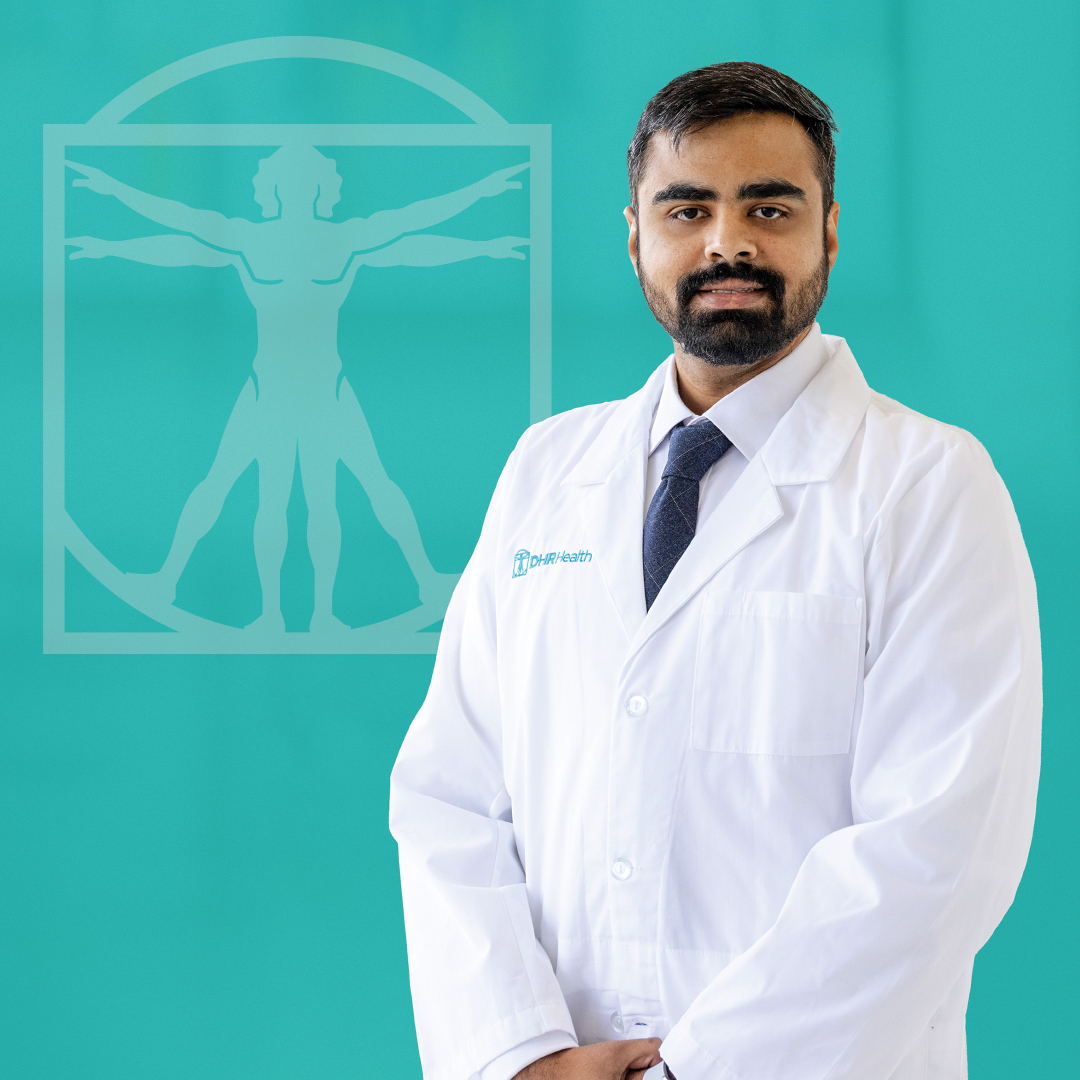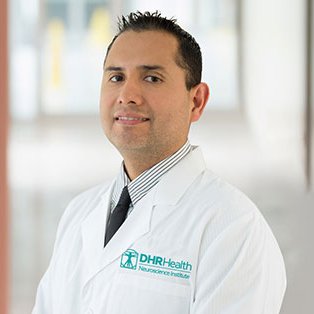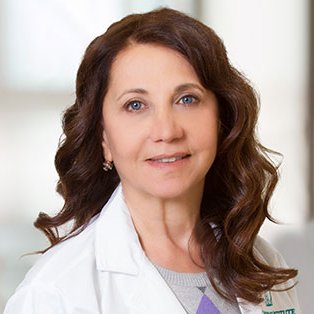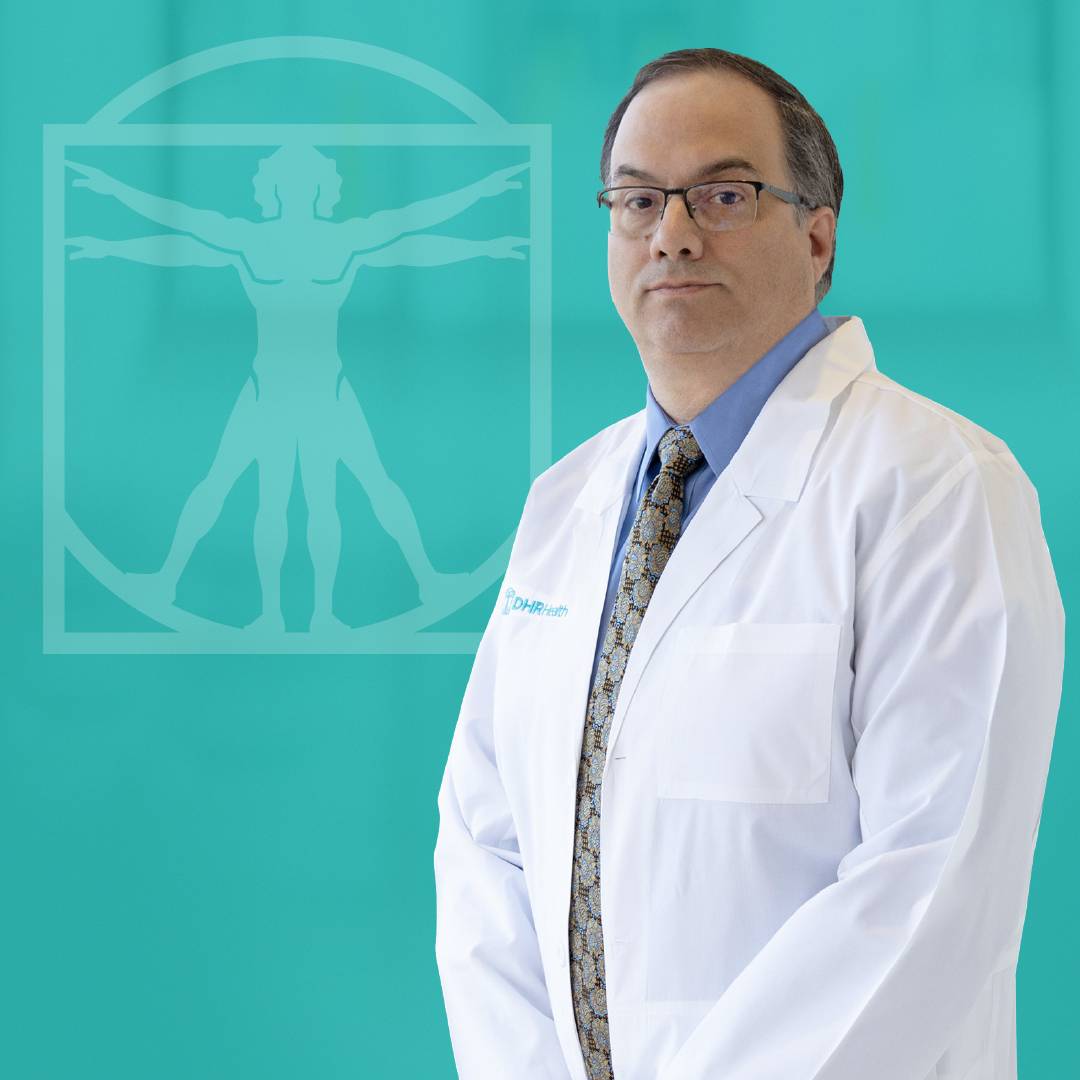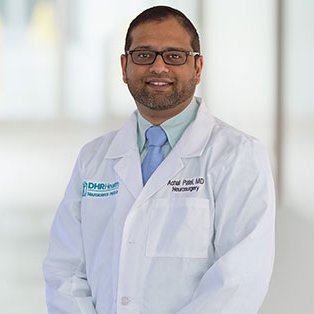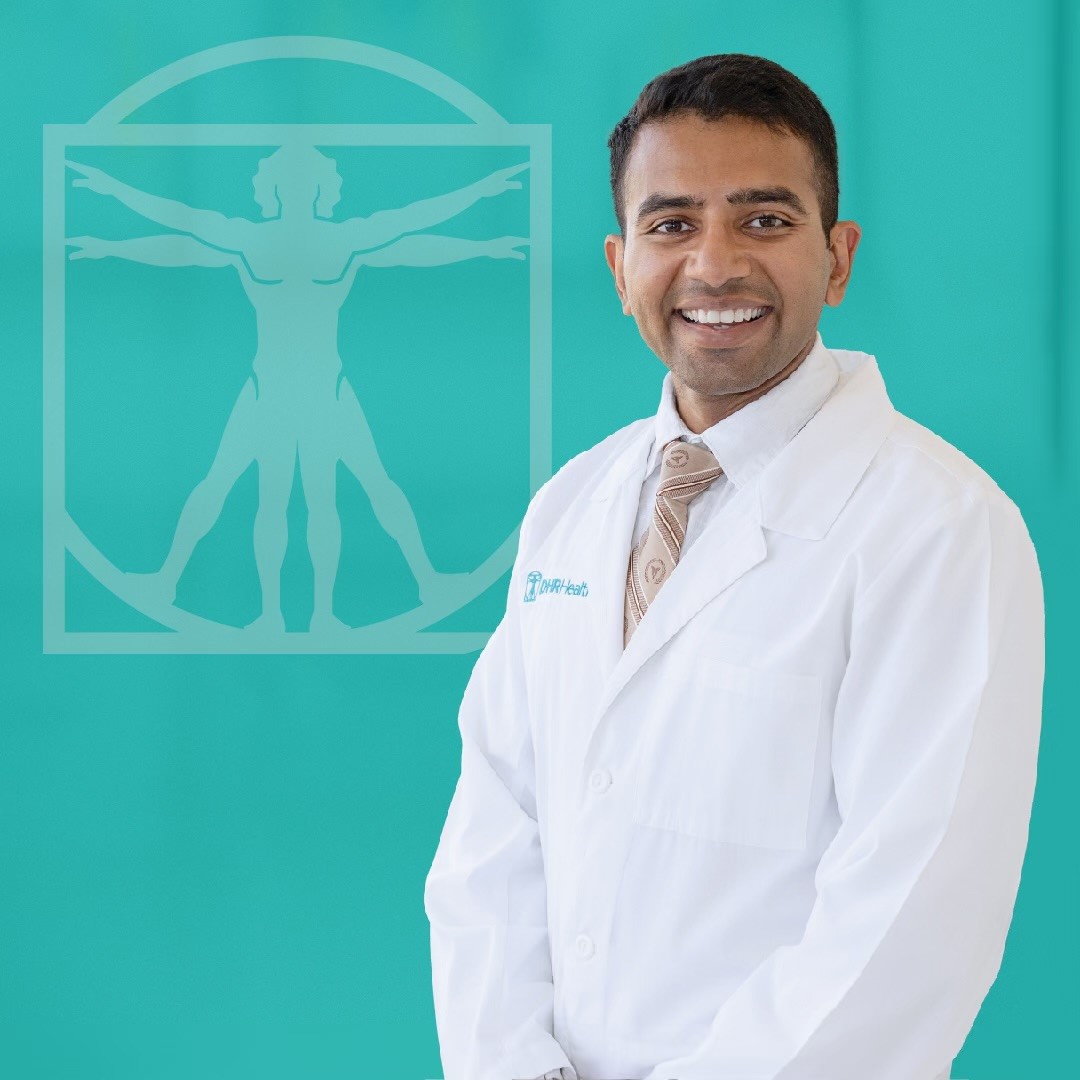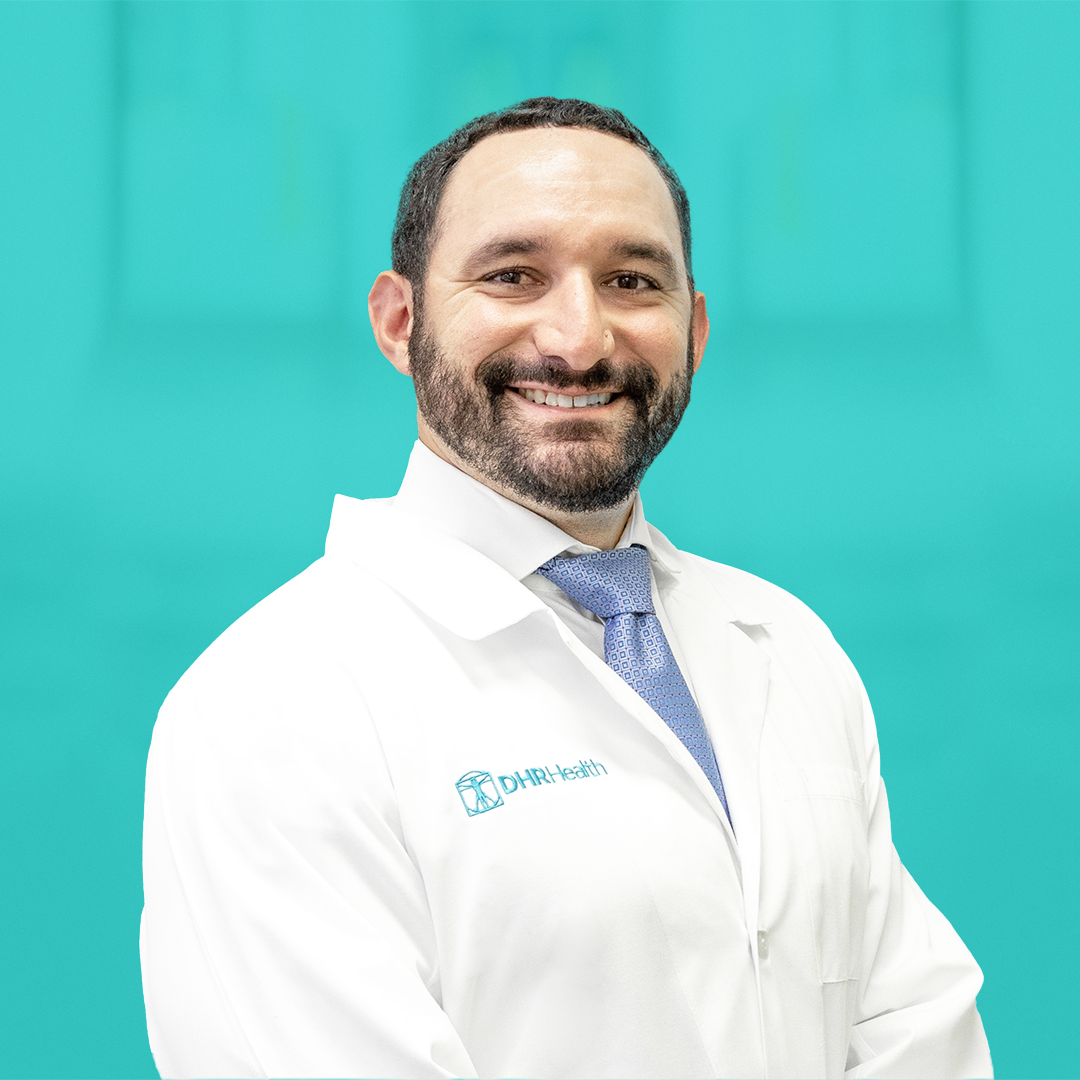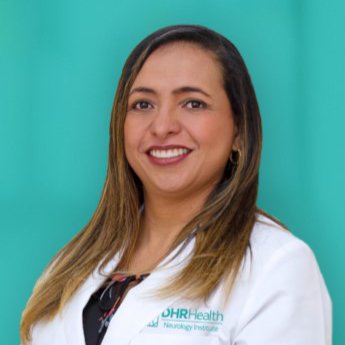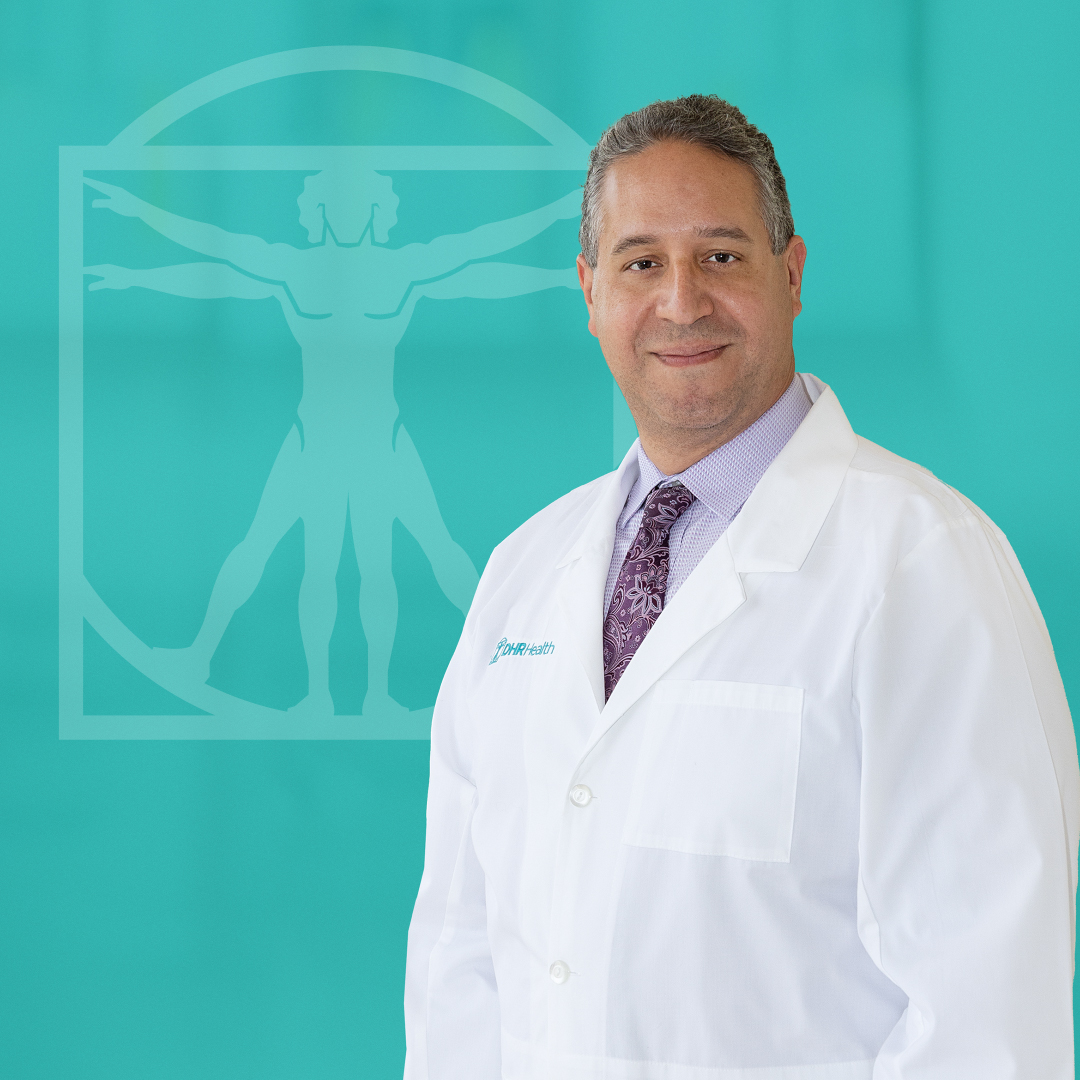Neuroscience
The DHR Health Neuroscience Institute is dedicated to providing excellence in neurologic care to all of our patients, both adult and pediatric. Our multidisciplinary team is nationally recognized for providing expert care for evaluating and treating even the most complex and challenging brain and nervous system disorders – with and without surgery. As the first Joint Commission Certified Comprehensive Stroke Center in the region and Level I Comprehensive Stroke Center, we are the leading neuroscience group in the Rio Grande Valley and the premiere center for minimally invasive neurosurgery and neuroendoscopy.










































